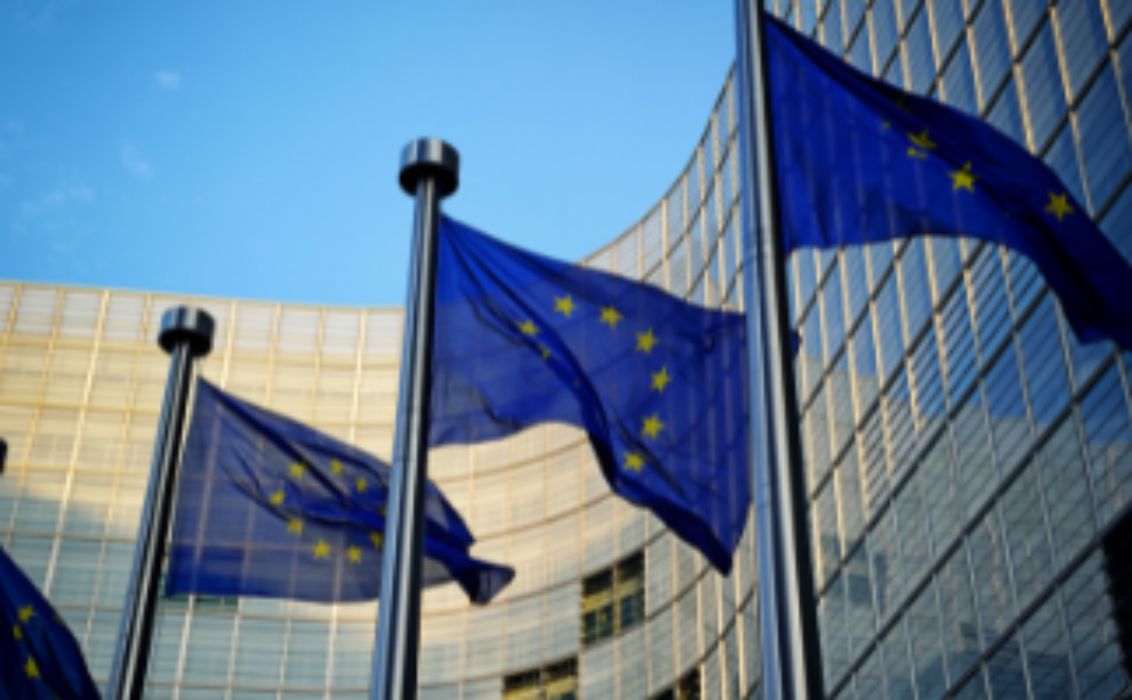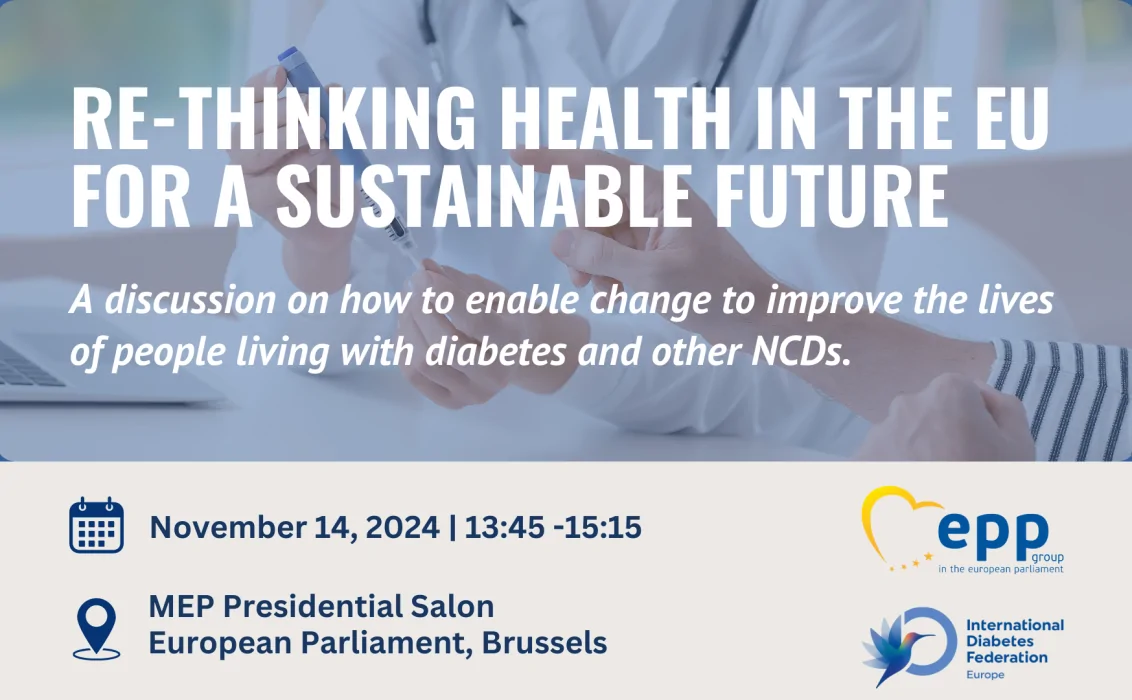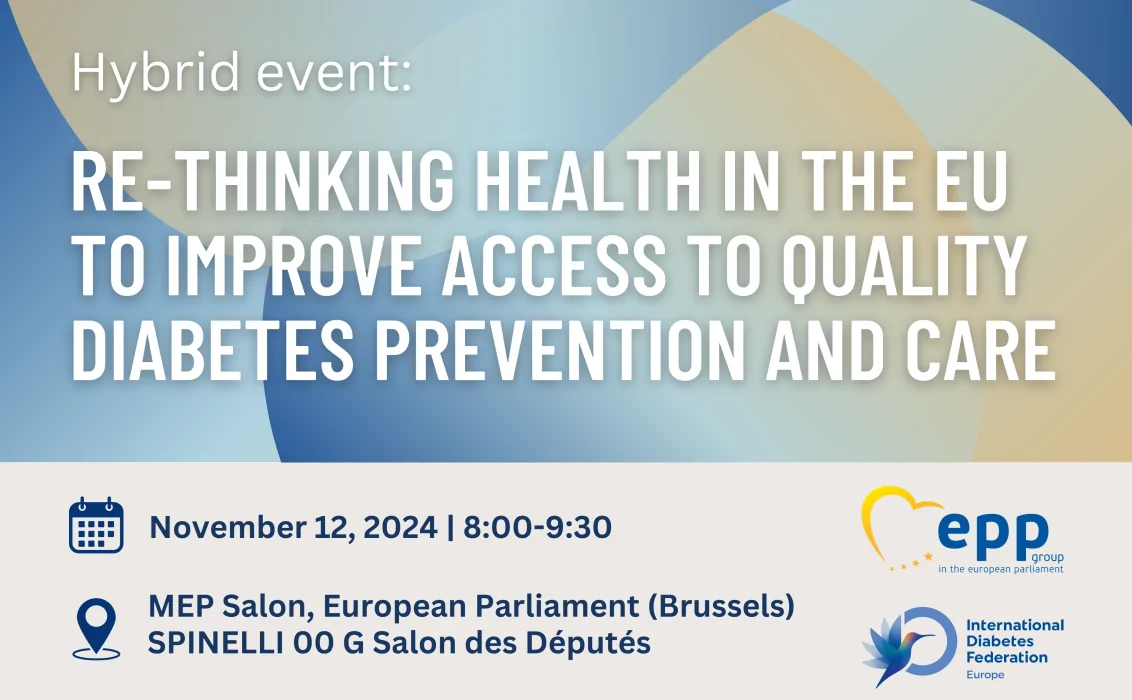On May 10, 2021, Matthew Hudson, Director of Resource Management and Better Regulation Unit in DG SANTE, reported to the European Parliament’s ENVI committee on the state of play of the adoption of the EU4Health 2021 work programme. Mr. Hudson updated the MEPs on the four main strands of the programme and talked about the timeline of the programme’s implementation in 2021.
After a series of consultations with Member States and other stakeholders on the priorities and strategic orientation of the first work programme, the programme has been structured into four strands:
- Crisis preparedness. A budget of €100 million has been earmarked for this component, reflecting the impact of the COVID-19 crisis. This strand will focus on early detection of communicable diseases, strengthening the mandate of the European Medicines Agency and preparing actions towards the Health Emergency Preparedness and Response Authority (HERA).
- Disease prevention. With a budget of €100 million, this strand will address a whole range of communicable and non-communicable diseases, with a special focus on cancer.
- Health systems and health workforce. This €70 million strand will help improve the resilience of health systems and upskill the health workforce.
- Digital. With a budget of €35 million, the digital programme component will harness the power of data and digitalisation and provide support for the much-awaited proposal on the European Health Data Space.
The Commission is under time pressure to adopt the 2021 work programme as soon as possible to clear the way for the use of €311 million for allocated actions by this year’s end.
While MEPs mostly praised the Commission on the structure of the EU4Health’s first work programme, they raised questions on the reasons behind some health areas being overlooked and some stakeholders not being given an equal opportunity to engage meaningfully during the consultation process. Cristian-Silviu Bușoi (EPP), a Romanian MEP and rapporteur for the programme, urged the Commission to give special attention to diabetes and cardiovascular diseases while keeping a strong focus on cancer. Mr Bușoi’s comments were echoed by his colleague Veronique Trillet-Lenoir from Renew group who wanted the programme to be more inclusive of other chronic diseases. Sara Cerdas (S&D) raise questions about the ways in which the annual programme will promote the Commission’s stated ‘health-in-all-policies’ strategy. Finally, Kateřina Konečná (GUE) criticised the Commission for its extensive consultation with Big Pharma, and proportionally lesser engagement with civil society, patient organisations, and NGOs.
The Commission is expected to launch the first call for applications to the EU4Health Programme before the end of summer, and immediately start working on the 2022 work programme. The latter’s budget will be twice as large as that for 2021.



